Healthcare System In Australia
- Introduction
- General Practitioners
- Specialist Doctors
- Scripts and ‘Over the Counter’ Medicines
- What does Medicare Cover
- Medicare Safety Net Threshold
- Centrelink Healthcare Card
- Your Healthcare Rights
- Emergency and Afterhours Care
- Where to Go for Non-Urgent Care
- Community Health Services
- NDIS
- Access for Refugees and Humanitarian Arrivals
- Translating and Interpreting Services
- What is private health insurance?
- Tips for Navigating the Healthcare System
- Helplines/ Useful Information
The Emergency Number in Australia is 000. If you need an ambulance, call 000 now.
If you need an interpreter, say “Arabic Interpreter” and they will organise one.

General Practitioners, dentists, nurses, medical specialists, pharmacists, allied health workers, and others care for you and your family to maintain your health across your lifetime.
The Australian Government has a ‘universal healthcare scheme’ which covers most of the cost of public healthcare in Australia. This means that, if you are a Citizen, Permanent Resident or otherwise covered under Medicare, you do not need Private Health Insurance and can receive most services for free or low-cost as they are covered through government taxes.
There are some other key differences in the Australian Healthcare system including requiring a referral from a General Practitioner to see a specialist doctor, and needing a script to access some medicines, unlike in other countries where you can directly access these.
General Practitioners
The first point of access for non-emergency care is your General Practitioner (GP).

In Australia, GPs or ‘Family Doctors’ are the first point of contact for families and individuals in the community. They can see your family for all your healthcare needs, including viral illnesses, routine immunisations, chronic disease management and mental health, or if you need a medical certificate for sick leave. Their role is to know you and your family, and to coordinate your care between different healthcare professionals. They will refer you to a specialist doctor if required.
If you wish to see a Specialist Doctor without a referral from a General Practitioner, your visit will not be covered by Medicare and you will need to pay the entire cost privately. This will be much reduced, or free, if you have a referral from a General Practitioner.
A GP can also make a ‘Care Plan’ for you. These Care Plans can help you receive mental health care or care from physiotherapists or other allied health professionals for a reduced cost.
GPs do not exist as a medical specialty in some countries. In Australia, most doctors are GPs.
Specialist Doctors

Specialist doctors are those who only work in one area of medicine. These include cardiologists (heart doctors), paediatricians (children’s doctors), Obstetricians / Gynaecologists (specialists in Women’s Health), urologists (specialists in men’s surgery) and others.
If you require advice from a specialist, your GP will provide you with a referral letter and advice about who they recommend you see.
You do not have to go to the medical specialist chosen by your GP. You can search and get advice from your family and friends about who they recommend. You can also try to find a medical specialist who speaks your language.
Scripts and ‘Over the Counter’ Medicines
Some medicines in Australia can be accessed ‘Over the Counter’, which means that you can go to a Pharmacy and buy them directly. These include some pain relief and anti-allergy medicines. Pharmacists in these pharmacies may also offer advice regarding the medications they stock, and whether they are right for you.

However, some medicines such as antibiotics, diabetes medication and blood pressure medications require a script from a doctor. Medicare covers the cost of most medicines. Sometimes, you may have to pay (usually less than $30) out of pocket.
Pharmacies
Some pharmacies are known as ‘Discount pharmacies’ and can be cheaper. The cost of medicine can vary between pharmacies, so it would be good to call them to check this before you buy it.
If you need a lot of medicine in a year, the Pharmaceutical Benefits Scheme (PBS) Safety Net may help you. If you’ve spent a certain amount of money on medicines, a pharmacist can give you a PBS Safety Net Card. Your PBS medicine will be cheaper or free for the rest of the year.
If you require certain specialised medications, you may need to call pharmacies before attending them to ensure your medication is in stock.
If you choose a more expensive brand of medicine, or your doctor prescribes one, you may need to pay more. In Australia, the generic brand of medicine is as safe and effective as the more expensive brand name.
For more information, please talk to your doctor or pharmacist.
What does Medicare Cover
The Australian Government pays for a wide range of healthcare services through the Medicare program. These include:
● Doctor visits: Routine examinations and consultations with general practitioners (GPs), or specialist doctors. Some doctors may ask you to pay an additional fee – you should check this before you book an appointment with them
● Pathology: blood tests
● Radiology: most X-Rays, Ultrasounds, CT scans and MRIs are covered by Medicare; at times, you might have to pay an additional fee. You can check this before booking
● Mental Health: Access to mental health services, including sessions with psychologists
● Eye Health: optometrist reviews
● Public Hospital Services: Free treatment in public hospitals including emergency departments

Medicare offers many health and hospital services at low or no cost to Australian citizens, permanent residents, and some visa holders. As a public patient, you can receive free treatment in public hospitals.
Medicare also helps with some private treatment costs by doctors and specialists, including:
● Psychologists: Providing mental health support and treatment
● Optometrists: Eye health services such as eye exams and glasses prescriptions
● Nurse Practitioners: Advanced practice nurses who can provide a range of healthcare services
● Midwives: Care and support during pregnancy and childbirth
● Dentists: Limited dental services, particularly for children under specific programs
Medicare Safety Net Threshold
The Medicare Safety Net is designed to provide higher benefits for out-of-hospital costs once you reach a certain threshold or ‘limit’. This means that after spending a set amount on medical services, you get a higher benefit from Medicare, reducing your out-of-pocket expenses.
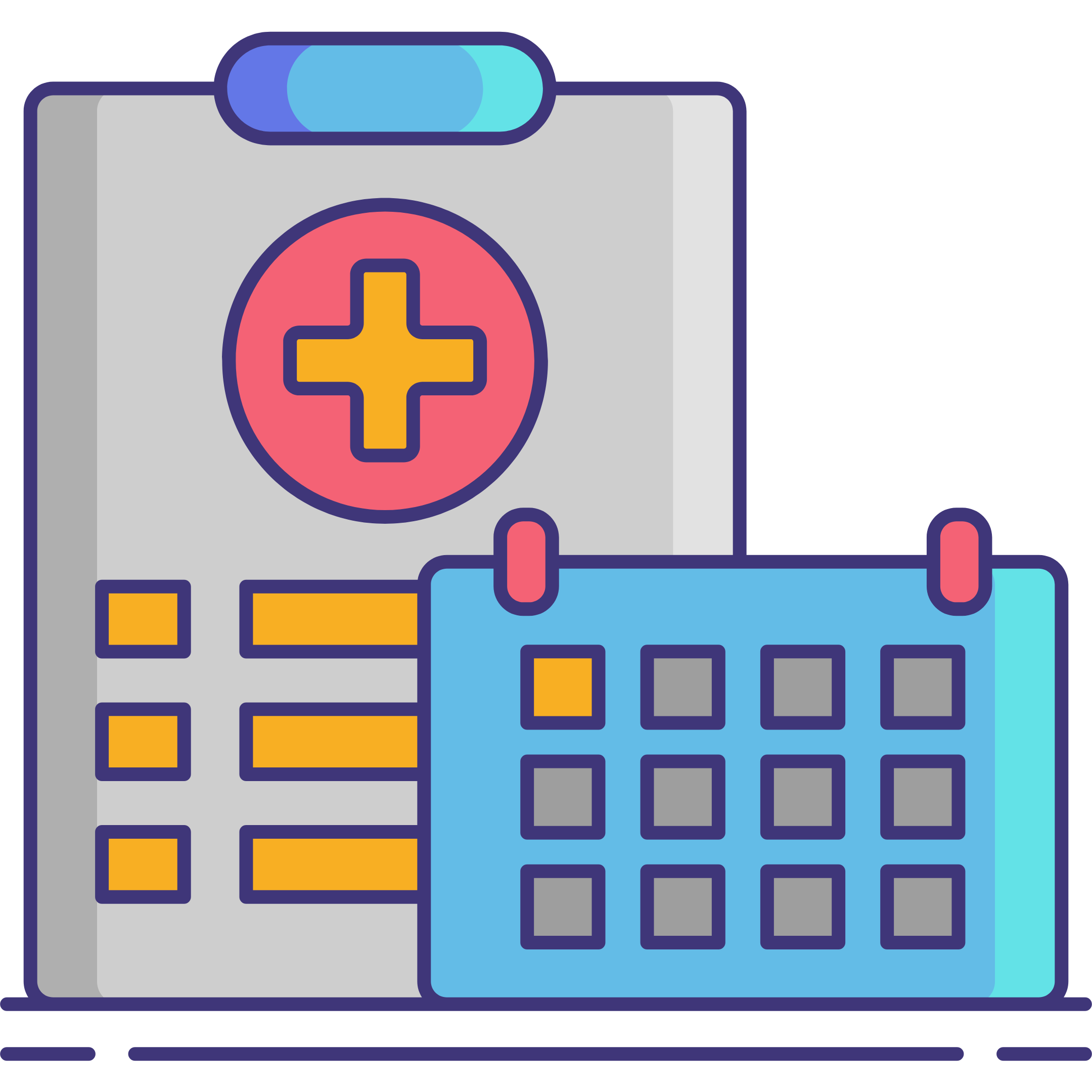
Once you reach the Medicare Safety Net threshold, the costs of doctor visits and tests may decrease significantly. Your doctor’s visit fees stay the same, but Medicare will reimburse you at a higher amount.
Services Not Covered by Medicare
Some services are not covered by Medicare, including:
- Ambulance Costs: Separate insurance is often required for ambulance services. You can also get a membership with the Ambulance Service, such as Ambulance Victoria
- Most Dental Services: Limited coverage, especially for children under specific programs
- Some Physiotherapy: Often requires private health insurance for coverage; can be partially covered by a Care Plan
- Glasses: Prescriptions for eyeglasses are not covered
- Podiatry: Foot care services are generally not covered
- Chiropractic Services: Not covered by Medicare
- Private Hospital: Additional costs for private hospital stays are not covered
Always show your Medicare card (and Centrelink Health Care card, if you have one) when you visit your doctor to ensure you get the appropriate benefits.
Claiming Medicare Benefits
In many cases, you will pay for the healthcare service upfront and receive reimbursement from Medicare after you file your claim. Many healthcare services process the claim automatically, speeding up the refund process.
Some clinics can process claims automatically and you can receive your refund in less than 24 hours if your bank account is linked to Medicare. If you make the claim manually, it can take 2-3 weeks.
Centrelink Healthcare Card
Centrelink is the Australian government’s program for income support. You may be able to access financial assistance depending on your circumstances.
If you receive a Centrelink payment or earn a low income, you may be eligible for a Centrelink Healthcare Card.
The card will reduce the cost of medicines, health services, and other non-health-related costs including:
- Doctors
- Dentists
- Ambulances or public transport (buses, trains, trams)
- Other Government services e.g. Car Registration
You need to show your Medicare card with your Centrelink Healthcare Card for all basic treatments and hospital services.
Your Healthcare Rights
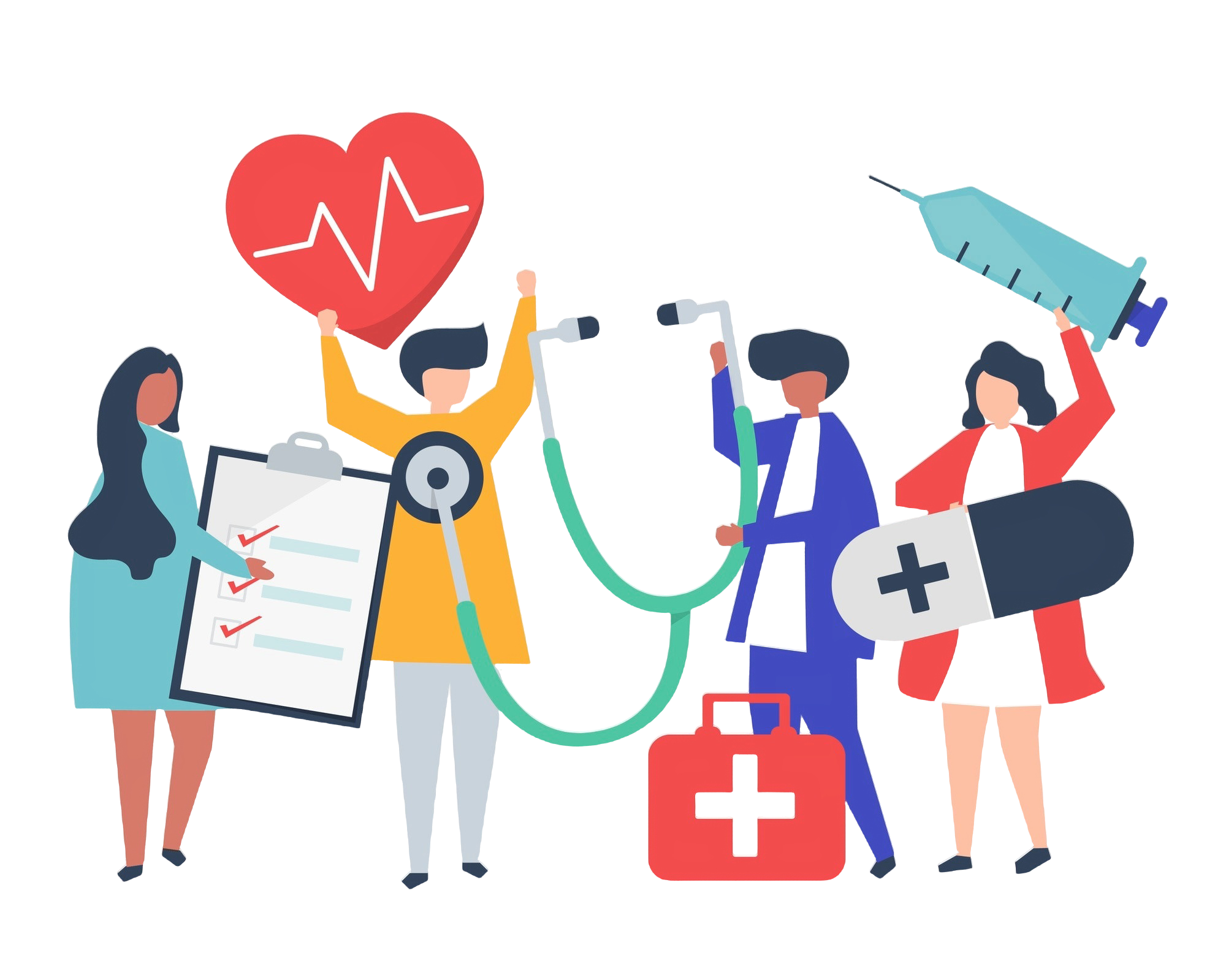
You have the right to be treated with respect and courtesy during every visit by all employees. For more information, see Your Rights and Responsibilities.
The health system in Australia is created to support you. You have rights that must be met. All health services must adhere to the ‘Australian Charter of Healthcare Rights’.
The Australian Charter of Healthcare Rights describes what you, or someone you care for, can expect when receiving health care. You have a right to complain if you do not feel that your rights are being observed.
You have a right to:
- Have access to healthcare services which meet your needs
- Feel safe in receiving care that meets National Standards, in an environment where you feel safe
- Be respected as an individual, and feel that your beliefs, culture and choices are being respected
- Be a partner in your healthcare journey – ask questions, make decisions, include loved ones in decision making
- Have your privacy maintained at all times
- Provide feedback about your care
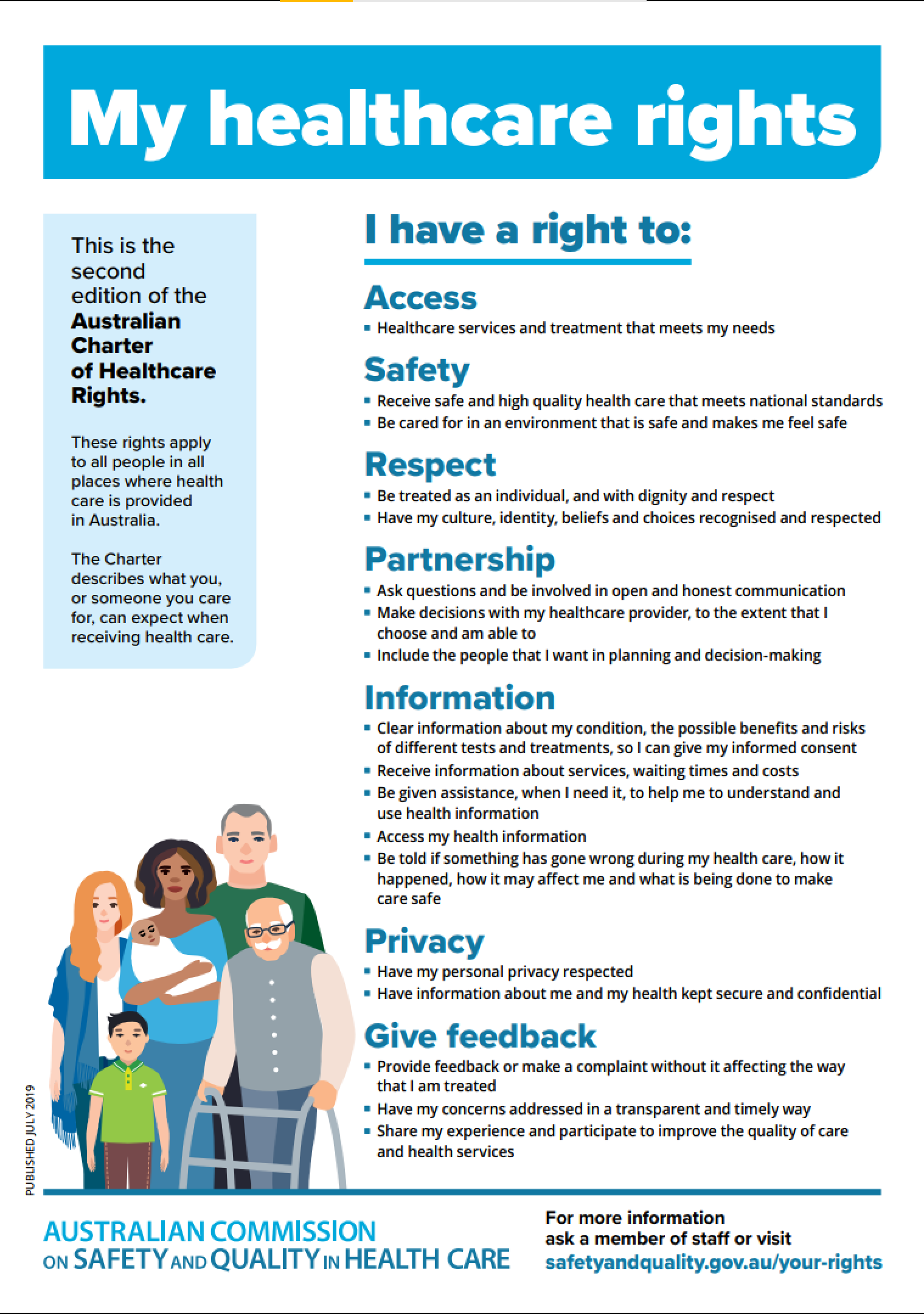
You should always feel empowered to ask questions, to ask for clarification and to take up as much time as you need from your doctors. If they do not have time to help you that day, you should book another long appointment and return to see them. You should never risk your health due to time constraints.
Your Responsibilities
It is your responsibility to tell your doctor or nurse of any concerns you have.
All people deserve to work in a safe environment. Thus, all hospitals and clinics in Australia have a “zero-tolerance” policy towards violence, abuse and disrespect towards staff, patients and visitors. If you are violent or aggressive, they may ask you to leave the hospital or clinic. They can also call security or the police to remove you from the building.
If you are not happy with the treatment you received or wish to discuss your experience, you have a right to contact the local Health Care Complaints Commission or to complain directly to the health service.
Emergency and Afterhours Care
If it is an emergency, call 000 now. If you are not sure if it is an emergency, call 000 and explain your situation to the operator – they will direct you further.
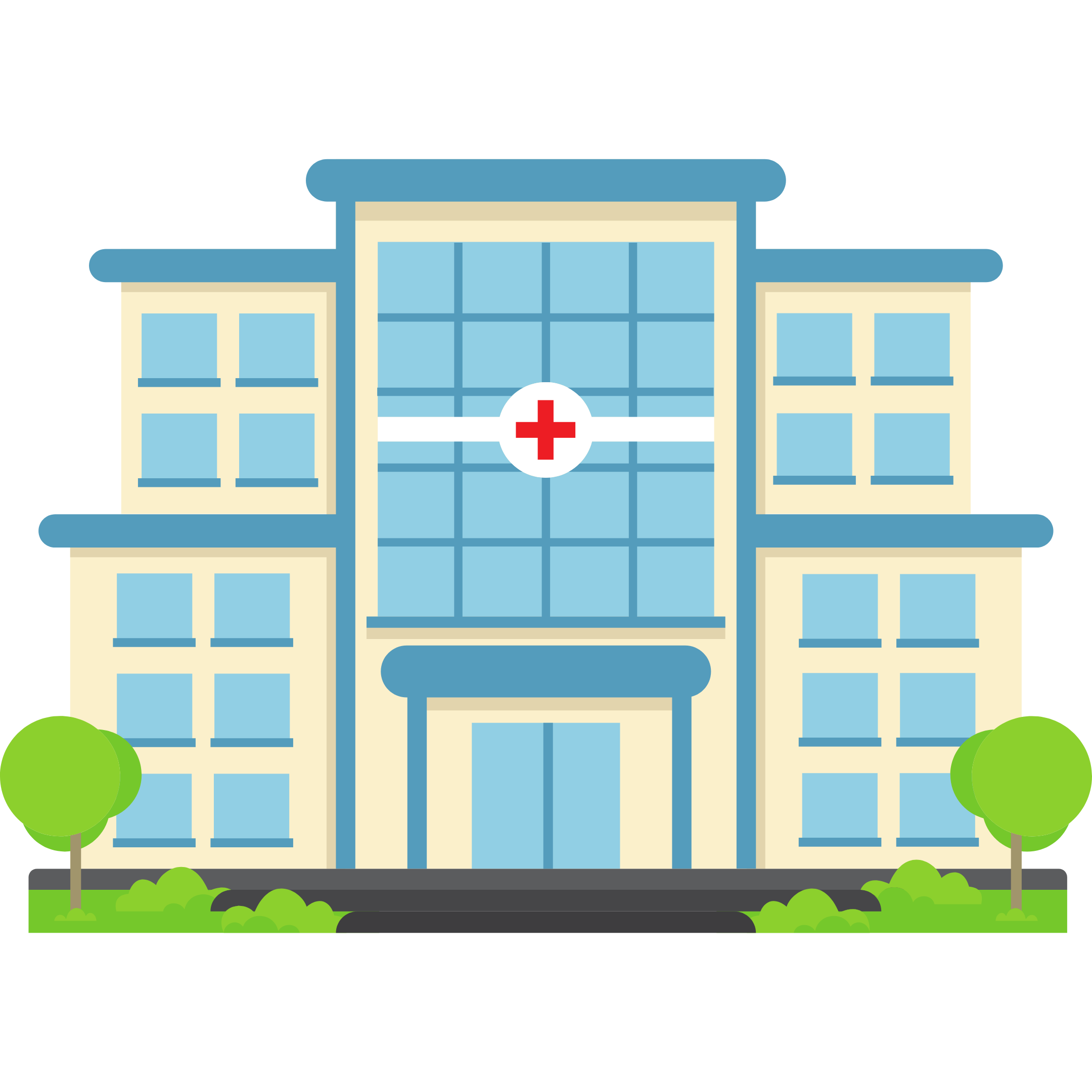
You have a few options available for after-hours care:
- Your normal GP may be available after hours. You can use Google or call their clinic to find out when they are available.
- Urgent Care Clinics – free clinics which can see you for small injuries, viral illnesses and other concerns
- Emergency Department
- The healthdirect Helpline / Nurse on Call can be contacted on 1800 022 222 to speak to a registered nurse who can advise you where to go afterhours. You do NOT need to pay to use this service. They may offer you a call back or video call from a GP.
What to Do in a Health Emergency
Emergency medical treatment is available 24/7 at the emergency departments of most public and some private hospitals. If you choose to attend a private hospital emergency department, you should check whether your insurance will cover these costs, as it may be very expensive.
In case of a serious illness or crisis, call 000 immediately and request an ambulance. An ambulance is an emergency transport vehicle with trained health professionals. This service is free if you have a Centrelink Health Care Card. For more information, see Medicare and Centrelink.
When you call 000, they will ask you:
- If you need to speak to the police, ambulance, or fire brigade. You can say ‘Ambulance’
- Then, you will wait until they transfer you to the Ambulance Team
- They will ask you for information about why you called
- They will ask you for your address or information about where you are, for example what street
- They will sometimes ask you to stay on the phone with them until an ambulance arrives
When visiting a Hospital
When you visit a hospital, you should take with you:
- If you have any of these: Medicare Card, Centrelink Card, Pension Card, Private Health Insurance cards
- Your identity documents e.g. drivers license, Visa, passport or other documents
- Medications you take
- Immunization record, especially for children
- If your child has a Children’s Book (E.g. Green Book in Victoria)
- Letters from other doctors
Where to Go for Non-Urgent Care
For non-emergency conditions, seek help from Priority Primary Care Centres[1] (PPCC), your family doctor or community health nurse. PPCC can help with fractures, gastroenteritis and urgent care that’s not a life-threatening emergency.
GPs should be your first point of contact for non-urgent health issues. They can also refer you to specialists such as obstetricians, cardiologists, or psychiatrists if needed.
Most general medicine clinics are open Monday to Friday from 8:30 AM to 5:00 PM. Some clinics, known as “super clinics” or “after-hours” clinics, are open after 5:00 PM and on weekends. Some GP clinics also offer ‘telehealth’ services, in which they review you by phone or video.
You can access many community health services at low or no cost. Clinics offering free services may display a sign saying ‘Bulk Billing’. You can always call them and ask them about their costs before booking an appointment. If you are a refugee, you can inform the clinic of this if you feel comfortable, and they may waive the cost of the visit for you.
● Bulk Billing: No out-of-pocket costs for the visit. Always confirm if the clinic offers this service
● Non-Bulk Billing: If your doctor does not bulk bill, you will need to pay for your appointment and any treatment you received. You can then claim some reimbursement from Medicare or your private health insurance, if applicable
If this is important to you, you can request a healthcare worker or interpreter of the same gender, although this may not always be possible.
Nurse advice on the phone
Healthdirect Australia provides a 24/7 telephone service providing health advice. This service is run by health professionals and can direct you to your local health services.
Call 1800 022 222 for assistance.
The Australian healthcare system can be confusing. It’s okay to ask for help if you need clarification.
LINK: https://www.health.vic.gov.au/priority-primary-care-centres
Where to Go for Non-Urgent Care
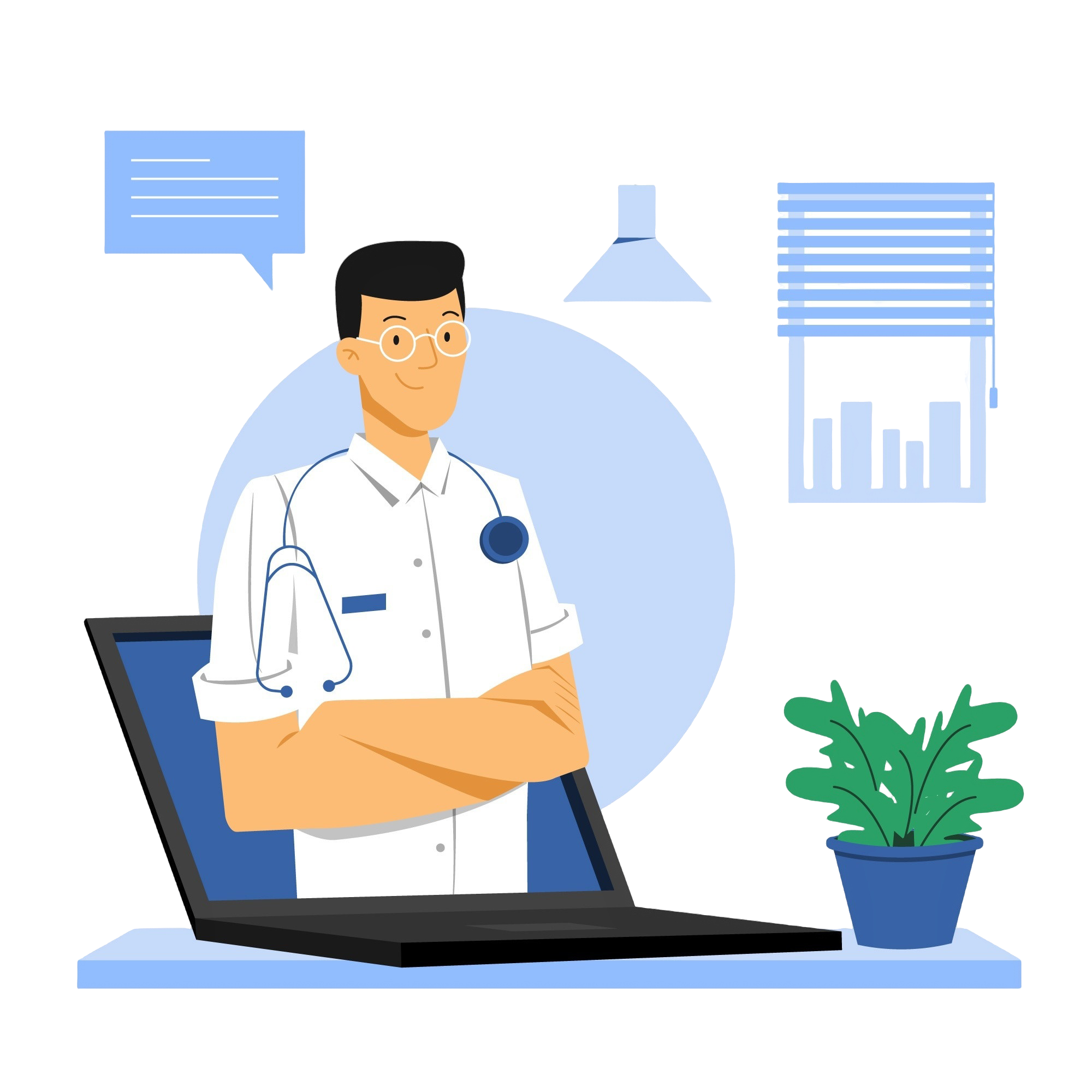
For non-emergency conditions, seek help from Priority Primary Care Centres[1] (PPCC), your family doctor or community health nurse. PPCC can help with fractures, gastroenteritis and urgent care that’s not a life-threatening emergency.
GPs should be your first point of contact for non-urgent health issues. They can also refer you to specialists such as obstetricians, cardiologists, or psychiatrists if needed.
Most general medicine clinics are open Monday to Friday from 8:30 AM to 5:00 PM. Some clinics, known as “super clinics” or “after-hours” clinics, are open after 5:00 PM and on weekends. Some GP clinics also offer ‘telehealth’ services, in which they review you by phone or video.
You can access many community health services at low or no cost. Clinics offering free services may display a sign saying ‘Bulk Billing’. You can always call them and ask them about their costs before booking an appointment. If you are a refugee, you can inform the clinic of this if you feel comfortable, and they may waive the cost of the visit for you.
● Bulk Billing: No out-of-pocket costs for the visit. Always confirm if the clinic offers this service
● Non-Bulk Billing: If your doctor does not bulk bill, you will need to pay for your appointment and any treatment you received. You can then claim some reimbursement from Medicare or your private health insurance, if applicable
If this is important to you, you can request a healthcare worker or interpreter of the same gender, although this may not always be possible.
Nurse advice on the phone
Healthdirect Australia provides a 24/7 telephone service providing health advice. This service is run by health professionals and can direct you to your local health services.
Call 1800 022 222 for assistance.
The Australian healthcare system can be confusing. It’s okay to ask for help if you need clarification.
Community Health Services
Community health centres provide health services at low or no cost for people of all ages within the community setting. Priority is given to people who are struggling financially.
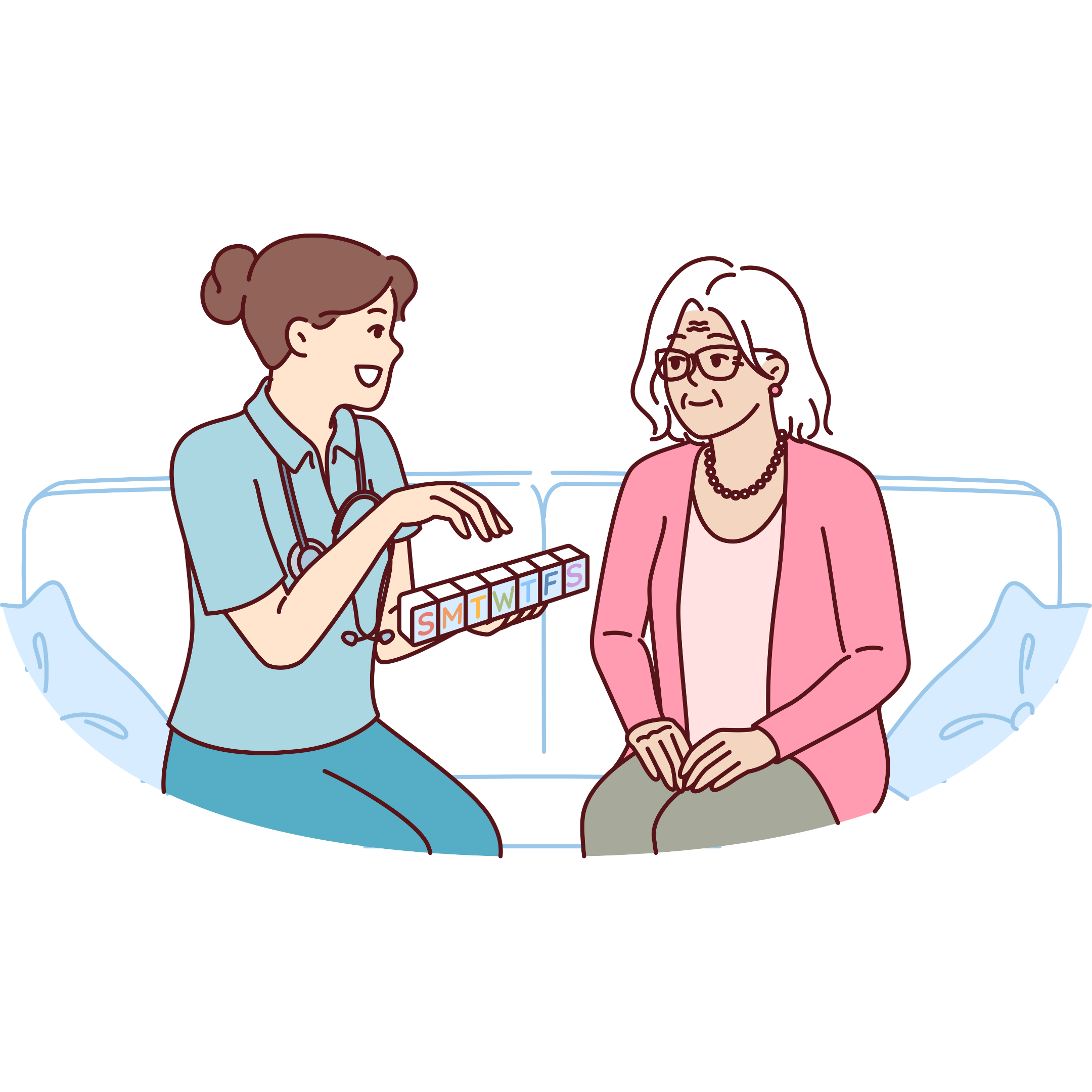
Not all centers provide the same services. The services that are often available include:
- General nursing (e.g. chronic illness and home care)
- Midwifery and maternal child health nursing
- Health education and promotion
- Physiotherapy, occupational therapy and rehabilitation
- Dental care
- Mental Health
- Medical care (family doctor)
- Disability services
- Drug and Alcohol services
- Family planning
- Chronic disease management
- Counseling (including a psychologist and social worker)
- Other – audiology, dietetics, podiatry, speech therapy
You have the right to be treated with respect and courtesy at every visit, by every staff member.
You can use this resource to find a Community Health Clinic.
NDIS
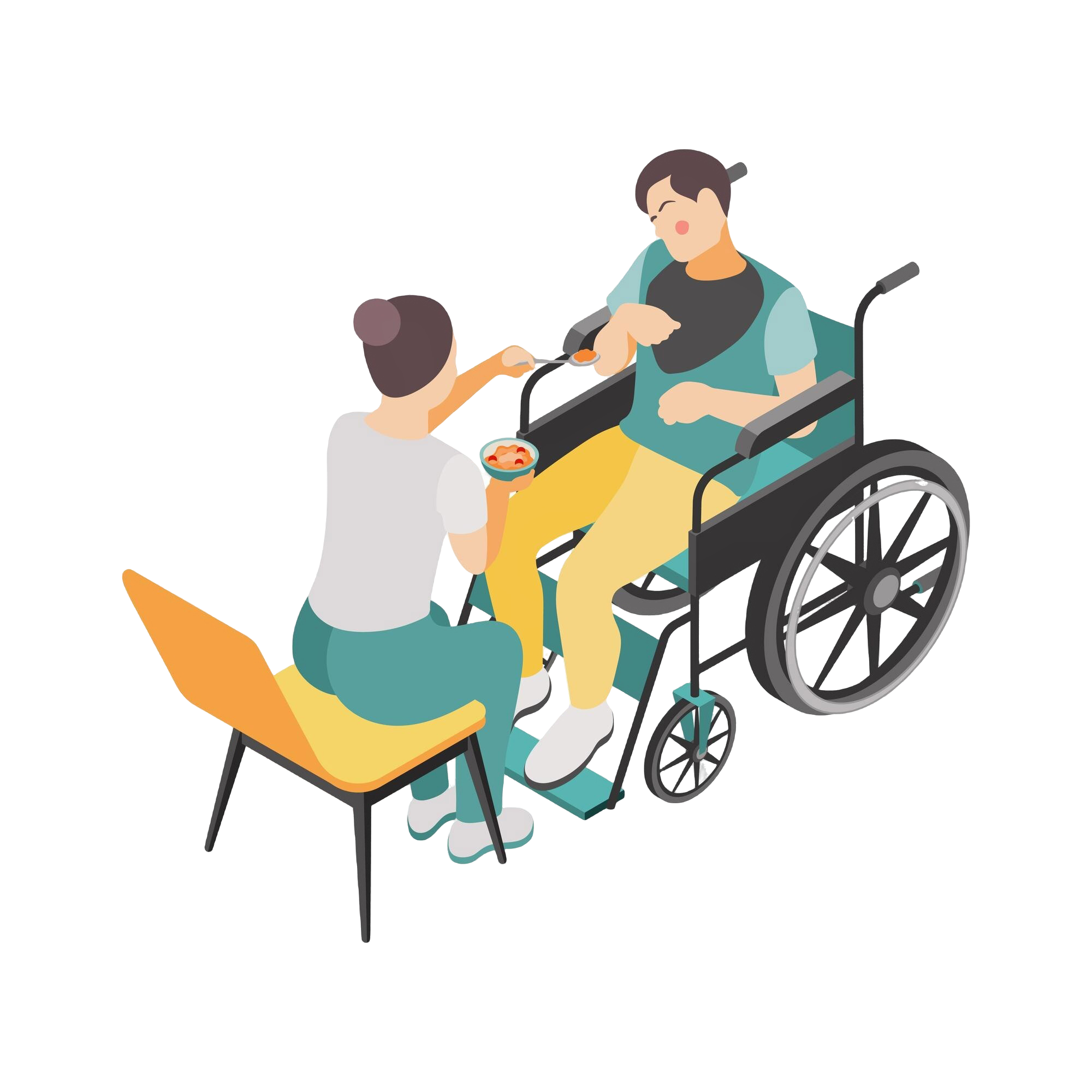
The National Disability Insurance Scheme cares for people under the age of 65 who have a disability in Australia. It helps them gain more time with family, enjoy work and have a better quality of life.
It is for people who are born with a disability or who get a disability later in life. The disability has to be permanent. The NDIS supports people in accessing what they need, including healthcare support, carers, and equipment.
Access for Refugees and Humanitarian Arrivals
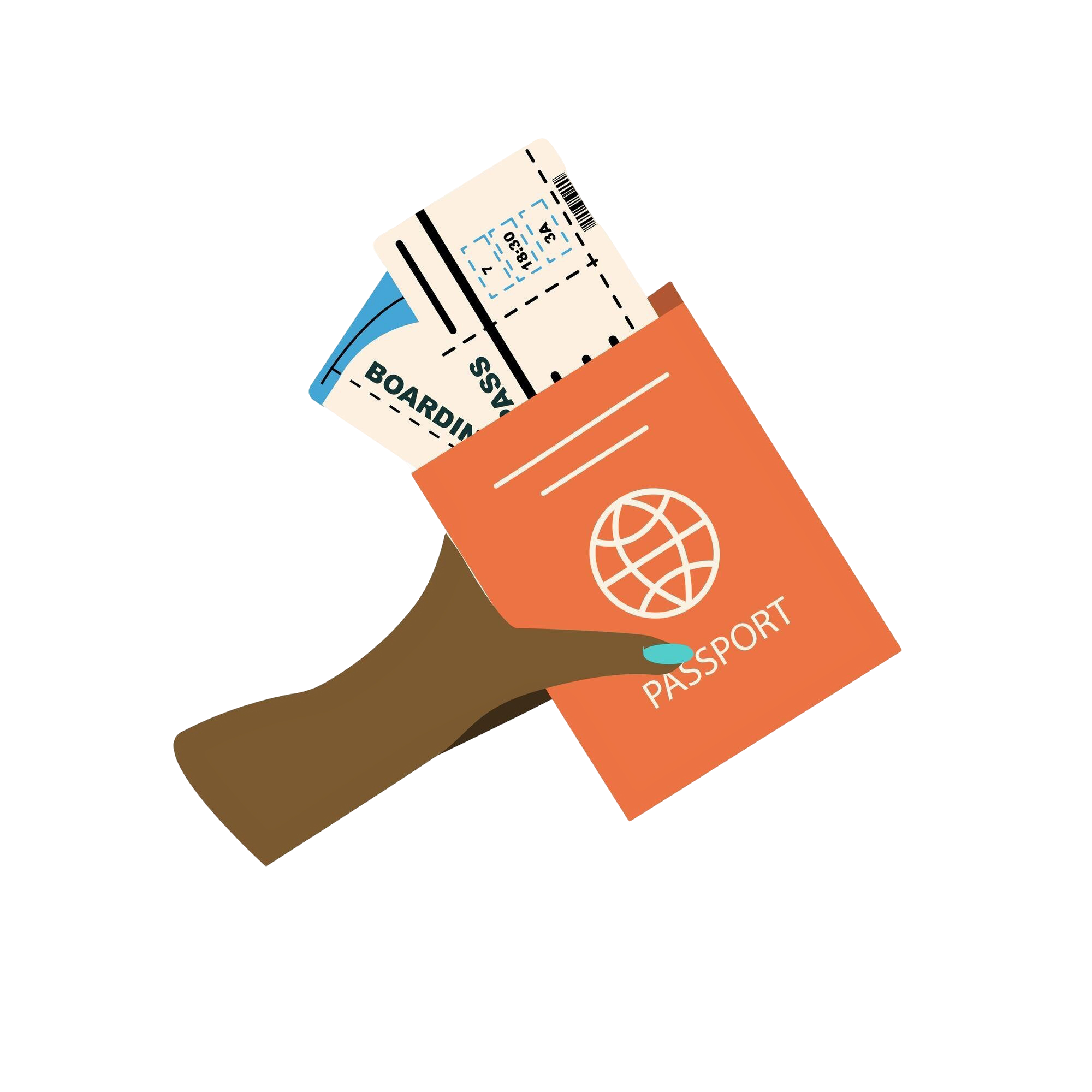
Most refugees and humanitarian arrivals have immediate access to public health care under Medicare.
If you are an asylum seeker and cannot get Medicare, you can receive healthcare through:
Your social worker can discuss your options with you, and additional information can be found through the Victorian Refugee Health Network.
Eligibility of Visa Holders for Medicare
Some visa holders may also be eligible for Medicare. The following types of visas generally have access to Medicare:
- Permanent Residents: Individuals with permanent resident status have the same access to Medicare as Australian citizens
- Temporary Visa Holders: Some temporary visa holders, such as those on work or student visas, may have limited access to Medicare. Eligibility depends on the specific visa type and reciprocal healthcare agreements between Australia and the visa holder’s home country
- Reciprocal Healthcare Agreements: Australia has reciprocal healthcare agreements with several countries, allowing visitors from those countries to access Medicare for medically necessary treatments. Countries include the United Kingdom, New Zealand, and some European nations
To verify eligibility, visa holders must visit a Medicare office with:
- Your Passport
- Any Other Travel Documents
- Your Visa Grant Letter
A staff member may ask you to register on a computer at the Medicare / Centrelink office. If you need assistance, do not hesitate to ask for help or request a phone interpreter.
Visitor Visa (Subclass 600)
It is worth noting that holders of Class 600 Visitor Visas do not have the right to receive healthcare in Australia. However, if a new immigrant applies for a Protection Visa and subsequently obtains a Bridging Visa A, they will have the right to apply for access to healthcare. A Bridging Visa A may also allow you to work in Australia.
Once you register for Medicare, you will receive a paper Medicare card number to use until your plastic card arrives in the mail, usually within three weeks.
Translating and Interpreting Services

You have a right to have an interpreter available, by phone or in person, during any health visit (in the hospital or at the doctor). You have a right to an interpreter and should not have to use a family member or friend to translate for you.
You can ask for an interpreter if you do not understand what is happening or what is being said.
The Australian Government supports a translating and interpreting service called TIS National.
TIS National is a free service within most Australian hospitals, local clinics and private clinics who provide Medicare-rebateable services.
TIS National can provide an immediate telephone interpreting service. Interpreters help you communicate in your language with people who speak English.
TIS National telephone interpreters are available 24 hours a day, seven days a week.
TIS National can help you in emergency situations from anywhere in Australia.
Call 13 14 50 to use a TIS National interpreter and tell the operator which language you speak.
Learn more about TIS National.
The operator will contact an interpreter in your language to help you.
If you have a caseworker, they can show you how to use this service.
Your doctor can also pre-book an on-site interpreter for you, if you require it.
Pharmacies can also use telephone interpreters to speak with you about medicines.
There are other translating and interpreting companies, but they may cost you money for using their services.
Remember, you have the right to be treated with respect and courtesy at every visit by every staff member.
Your doctor or nurse should arrange for a professional interpreter for any consultations or meetings you have.
An interpreter should always be present for any of the following:
- Consent
- Assessment (physical or psychological)
- Life changing information
- Decision making
You can ask the interpreter to stand or sit behind a curtain if you do not want them to see you during the appointment.
If you feel the interpreter is not translating properly or not treating you respectfully, you can complain to your health care provider (doctor, nurse etc.) and to TIS National on 13 14 50.
Information for this page is sourced from Raising Children Network, Healthdirect Australia,TIS National, Health Translations
What is private health insurance?

Some people in Australia choose to have private health insurance.
If you move to Australia to study or work, you may have to buy this before you arrive in the country.
Private health insurance may cover all or some of the costs of your treatment as a private patient in private or public hospitals.
You can pay fees monthly or yearly.
Private health insurance covers some services that Medicare does not cover. These include:
- Dental care
- Optical care (eye care)
- Ambulance in some states and territories
There are different costs and types of private health insurance cover.
If you decide to get private health insurance, it is important to compare different insurance funds. Check the details carefully before you buy the policy to ensure the services you require are covered, and the prices are agreeable.
If you are seeking asylum but do not qualify for Medicare, you may be covered under International Health and Medical Services (IHMS) insurance. Please visit the Victorian Refugee Health Network for more information. Your caseworker can also discuss this with you.
This can be a useful website to compare health insurers.
Tips for Navigating the Healthcare System
Understanding and navigating the Australian healthcare system can be challenging. Medicare provides substantial support for a wide range of health services. Always carry necessary documents, seek help when needed, and be aware of covered services to maximize your healthcare benefits. Utilise community resources and support services to ensure you and your family receive the best possible care.
- Know Your Rights: As a patient, you have the right to access healthcare services and receive clear information about your treatment options
- Ask Questions: Don’t hesitate to ask your healthcare providers to explain any part of your care that you don’t understand. It’s important to be fully informed about your health and treatment options
- Keep Records: Maintain a record of your medical history, treatments, and any medications you take. This information can be crucial during medical appointments
Additional Support Services
For those who need additional help, several organizations offer support and information:
- Healthcare Interpreters: If you need language assistance, interpreters are available to help you communicate with healthcare providers. You can request an interpreter when booking your appointment or at the clinic
- Community Health Centers: These centers provide various health services, including dental care, mental health support, and health education. They are an excellent resource for refugees and new immigrants
- Local Support Groups: Many communities have support groups that can provide advice and share experiences about navigating the healthcare system
Resources
1- https://www.healthdirect.gov.au/australias-healthcare-system
2- https://foundationhouse.org.au/specialised-programs/refugee-health/
Here is some useful information
Last reviewed: Aug 2024
